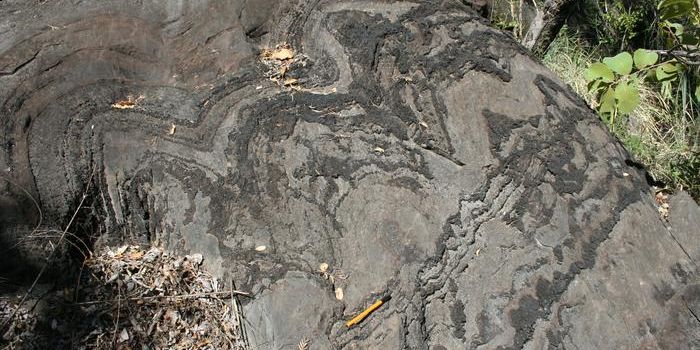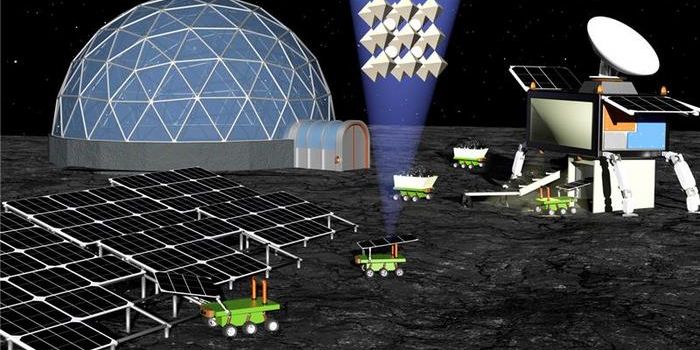Predicted Weakening of Ocean's Overturning Circulation
How will climate change influence the ocean’s circulation in the future? This is what a recent study published in Nature Communications hopes to address as a researcher from Massachusetts Institute of Technology (MIT) investigated how could hinder the ocean’s mechanisms of transferring carbon between the ocean floor and the planet’s atmosphere. This study holds the potential to help researchers, climate scientists, and the public better understand the long-term impacts of climate change and what steps that can be taken to mitigate them.
For the study, Dr. Jonathan Lauderdale, who is a Research Scientist in the Program in Atmospheres, Oceans, and Climate (PAOC) at MIT used models to challenge previous studies pertaining to the transfer of nutrients, specifically carbon, between the ocean floor and the Earth’s atmosphere, with an emphasis on a specific class of molecules called “ligands”. These previous studies dating back 40 years have hypothesized that weaker ocean circulation results in reduced levels of carbon dioxide being transferred to the atmosphere.
However, Dr. Lauderdale’s models indicate opposite results, meaning the amount of carbon dioxide being transferred to the atmosphere increases with decreasing ocean circulation. Upon further investigation, Dr. Lauderdale found that ligand concentrations between different ocean regions play a crucial role in determining this new trend regarding ocean circulation and carbon dioxide levels in the atmosphere.
“My work shows that we need to look more carefully at how ocean biology can affect the climate,” said Dr. Lauderdale. “Some climate models predict a 30 percent slowdown in the ocean circulation due to melting ice sheets, particularly around Antarctica. This huge slowdown in overturning circulation could actually be a big problem: In addition to a host of other climate issues, not only would the ocean take up less anthropogenic CO2 from the atmosphere, but that could be amplified by a net outgassing of deep ocean carbon, leading to an unanticipated increase in atmospheric CO2 and unexpected further climate warming.”
This study comes as climate change continues to increase worldwide temperatures, which is leading to more extreme weather and could pose drastic consequences for ocean circulation worldwide, as well.
What new connections between climate change and ocean circulation will scientists make in the coming years and decades? Only time will tell, and this is why we science!
As always, keep doing science & keep looking up!
Sources: Nature Communications, EurekAlert!, NASA








